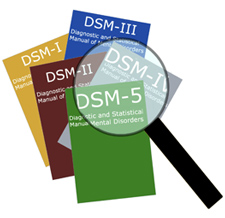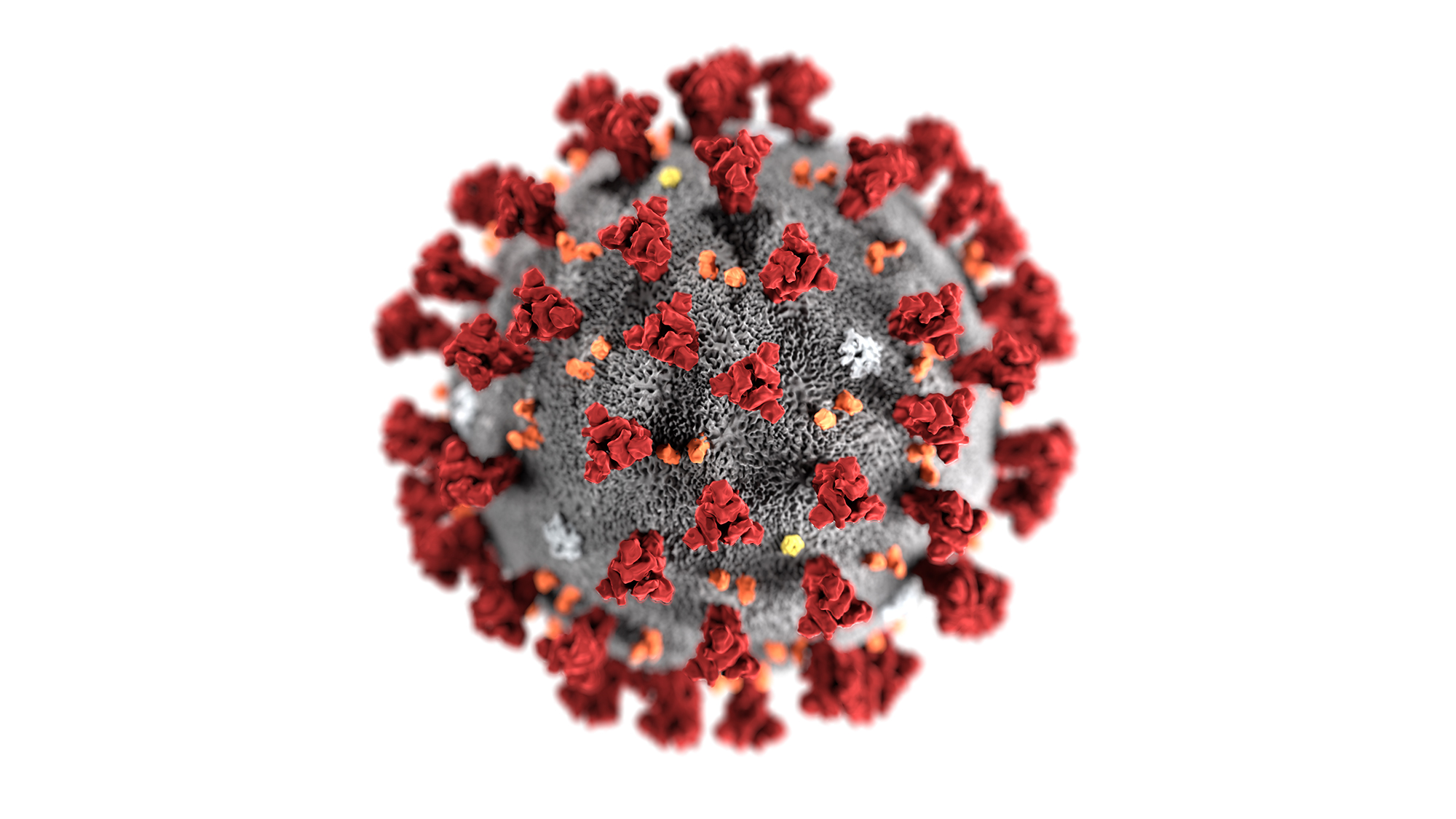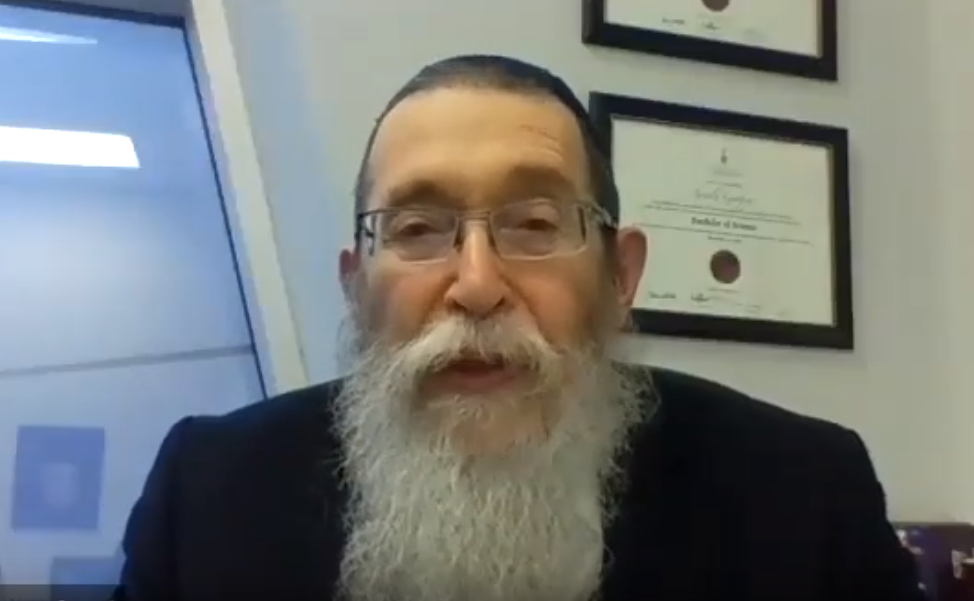By Dr. Arnie Gotfryd, PhD.
Mainstream medicine is unequivocal on the matter. There is no cure for ADHD.
Who am I to argue? I am not a physician and I am not qualified to have a medical opinion.
But I do have questions – questions that arise from my life experience – as a father, a scientist, an educator, and the director of a neuro-educational service that treats ADHD kids by the hundred. It’s because of that experience that I question the mainstream medical views.
Let’s take the case of Ron, for example. When Ron’s parents registered him at Maxi Mind he was a 12 year old boy who for years proved to be incapable of staying focused for more than 10 seconds. He knew how to read but couldn’t manage two lines without interruption. He’d constantly excuse himself from class to “get a drink” but come back only an hour later after wandering the halls, helping the secretary, and getting into trouble with another kid. Ron really wanted to learn but he was simply too antsy to manage the classroom scenario. This bothered him greatly.
Ron’s pediatrician put him on stimulant medication but although this partially controlled his symptoms, there were problematic side effects as well.
Following his Maxi Mind course, Ron’s ability to focus on schoolwork went from off-scale low to off-scale high. He became less restless, less impulsive and less unhappy. Within a few months of completing the course, Ron took himself off meds. He didn’t ask his doctor, he didn’t ask his parents, he didn’t ask me – he just decided he could manage without. The fact is, he was right. It is now six years later and he is an exemplary student, completely drug-free, and a cheerful and sociable young man.
Ron was a classic ADHD case. He walked in with a psychoeducational assessment from a registered psychologist to prove it. At that time, he fit the DSM-IV profile to a “t”. But he has changes.
Here in plain English, is the official defining list of symptoms by which psychologists and doctors diagnose ADHD. These are the symptoms Ron did have no longer has today.
DSM-IV Criteria for ADHD
I. Either A or B:

A. Six or more of the following symptoms of inattention have been present for at least 6 months to a point that is inappropriate for developmental level:
Inattention
- Often does not give close attention to details or makes careless mistakes in schoolwork, work, or other activities.
- Often has trouble keeping attention on tasks or play activities.
- Often does not seem to listen when spoken to directly.
- Often does not follow through on instructions and fails to finish schoolwork, chores, or duties in the workplace (not due to oppositional behavior or failure to understand instructions).
- Often has trouble organizing activities.
- Often avoids, dislikes, or doesn’t want to do things that take a lot of mental effort for a long period of time (such as schoolwork or homework).
- Often loses things needed for tasks and activities (e.g. toys, school assignments, pencils, books, or tools).
- Is often easily distracted.
- Is often forgetful in daily activities.
B. Six or more of the following symptoms of hyperactivity-impulsivity have been present for at least 6 months to an extent that is disruptive and inappropriate for developmental level:
Hyperactivity
- Often fidgets with hands or feet or squirms in seat when sitting still is expected.
- Often gets up from seat when remaining in seat is expected.
- Often excessively runs about or climbs when and where it is not appropriate (adolescents or adults may feel very restless).
- Often has trouble playing or doing leisure activities quietly.
- Is often “on the go” or often acts as if “driven by a motor”.
- Often talks excessively.
Impulsivity
- Often blurts out answers before questions have been finished.
- Often has trouble waiting one’s turn.
- Often interrupts or intrudes on others (e.g., butts into conversations or games).
II. Some symptoms that cause impairment were present before age 7 years.
III. Some impairment from the symptoms is present in two or more settings (e.g. at school/work and at home).
IV. There must be clear evidence of clinically significant impairment in social, school, or work functioning.
V. The symptoms do not happen only during the course of a Pervasive Developmental Disorder, Schizophrenia, or other Psychotic Disorder. The symptoms are not better accounted for by another mental disorder (e.g. Mood Disorder, Anxiety Disorder, Dissociative Disorder, or a Personality Disorder).
Based on these criteria, three types of ADHD are identified:
IA. ADHD, Combined Type: if both criteria IA and IB are met for the past 6 months
IB. ADHD, Predominantly Inattentive Type: if criterion IA is met but criterion IB is not met for the past six months
IC. ADHD, Predominantly Hyperactive-Impulsive Type: if Criterion IB is met but Criterion IA is not met for the past six months.
American Psychiatric Association: Diagnostic and Statistical Manual of Mental Disorders, Fourth Edition, Text Revision. Washington, DC, American Psychiatric Association, 2000.
So here is a simple question. Can someone without ADHD symptoms be said to have ADHD?
Medicine has not found a cause of ADHD. Yes there are neurological factors, genetic factors, dietary factors, social factors and lifestyle factors. But these factors are highly variable and they are not causes, just a more detailed perspective on symptoms.
And if all we have to go on is symptoms and the symptoms are gone for six months, the DSM-IV itself says ADHD is not present.
Ron is not alone. After a course of Maxi Mind Brain Training exercises and activities, many of our clients have reduced their symptoms to the extent that they are no longer diagnosable according to the DSM-IV.
So what does constitute a cure? Is it reasonable to say that if a certain treatment method results in the long term elimination of symptoms, then we may have in fact found a cure?
Well, if this is a medical question, I am not entitled to an opinion. After all, I am not a doctor.
However, I am entitled to ask questions and the question I would like to leave the medical professionals with is this: Why must mainstream medicine insist that there is no cure for ADHD when there already exist drug free interventions such as those provided by Maxi Mind that can reduce or even eliminate its symptoms?






